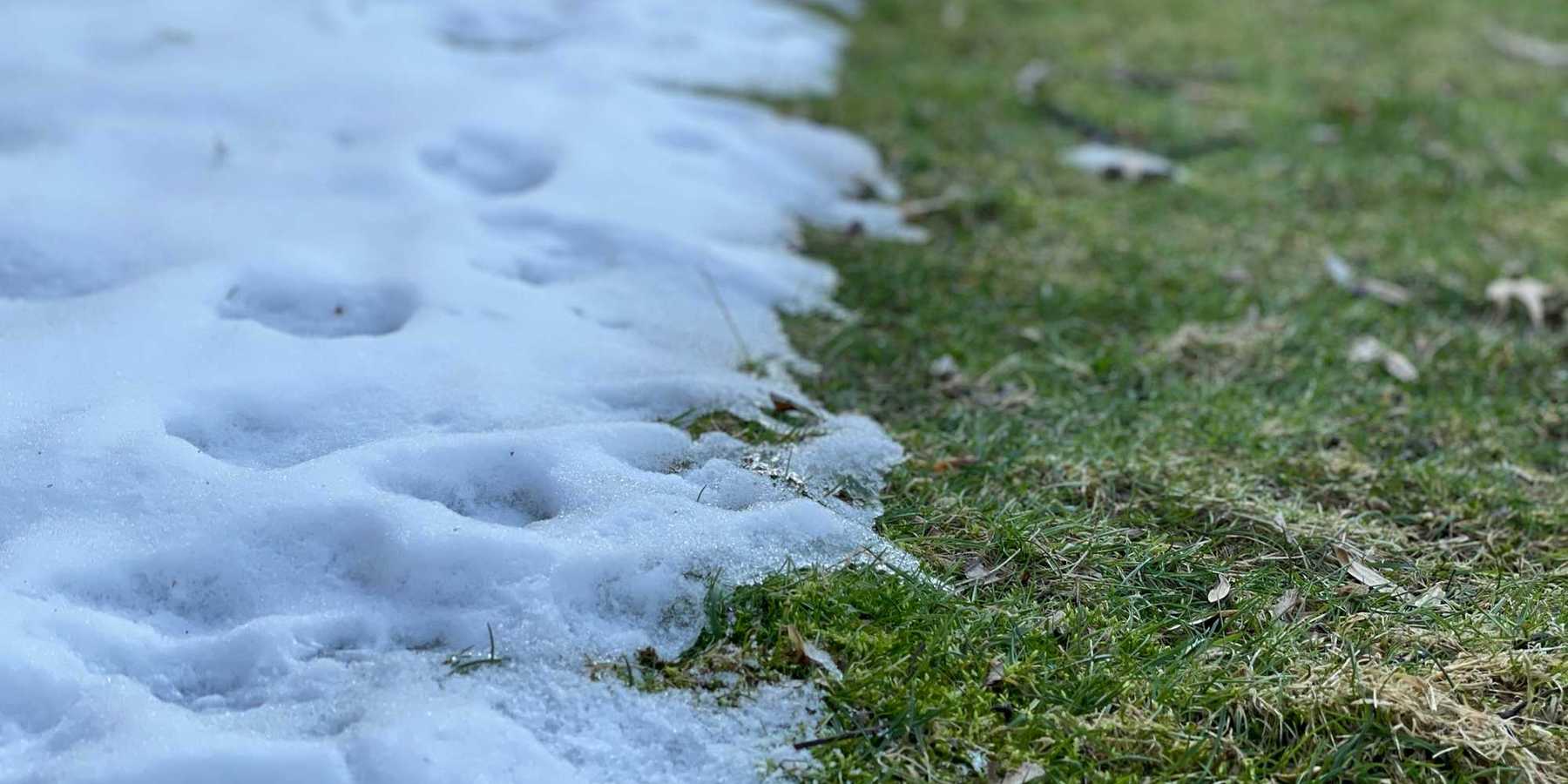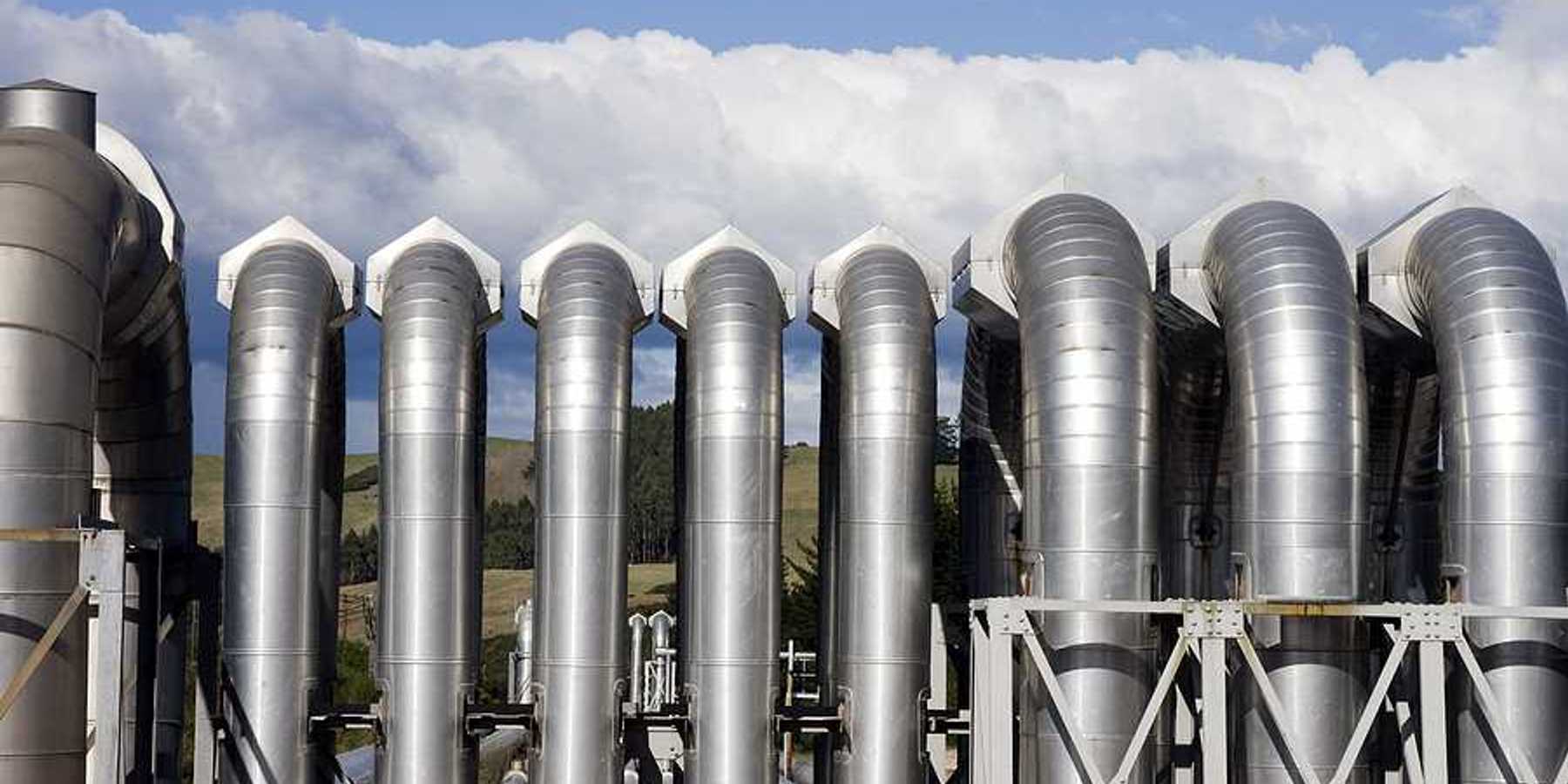16 July 2024
A Nevada community fights lithium mine to protect rare fish and water resources
A Nevada community is uniting to fight a proposed lithium mine that threatens the scarce water resources vital to the rare Devil’s Hole pupfish and other local species.
Wyatt Myskow reports for Inside Climate News.
In short:
- The Ash Meadows Wildlife Refuge, known as the "Galapagos of the Mojave Desert," is home to 26 endemic species, including the endangered Devil’s Hole pupfish.
- A proposed lithium mine near the refuge could significantly deplete water resources, endangering the wildlife and local community wells already running dry.
- Local residents, environmentalists, and tribal leaders are leveraging the Endangered Species Act to oppose the mine, seeking federal intervention to protect the area.
Key quote:
“We want to save Ash Meadows, but Ash Meadows is going to save us.”
— Carolyn Allen, chair of the Amargosa Valley Town Board
Why this matters:
The proposed lithium mine could devastate the fragile ecosystem and water supply in one of the hottest and driest regions of the U.S., highlighting the ongoing conflict between renewable energy development and environmental conservation.













